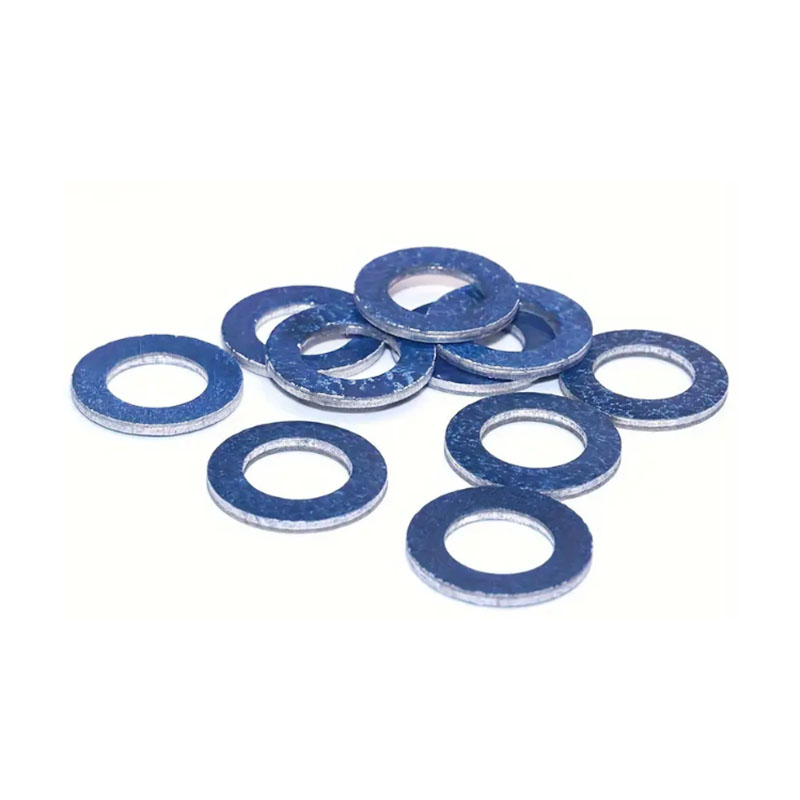axle hub oil
Understanding Axle Hub Oil Importance, Types, and Maintenance
Axle hub oil plays a critical role in ensuring the longevity and efficiency of vehicles, particularly in heavy-duty applications such as trucks, trailers, and construction equipment. This specialized lubricant minimizes friction between the moving parts of the axle assembly, ultimately enhancing performance and prolonging the life of the vehicle. In this article, we will explore the significance of axle hub oil, the different types available, and best practices for maintenance.
The Importance of Axle Hub Oil
Axle hubs are essential components in the drivetrain of a vehicle, responsible for transferring power from the engine to the wheels. As these parts rotate at high speeds, they generate significant heat and experience wear due to friction. Proper lubrication through axle hub oil is vital for several reasons
1. Friction Reduction The primary function of axle hub oil is to reduce friction between moving parts. This not only prevents overheating but also decreases the wear and tear on components, thereby extending their life.
2. Corrosion Protection Many axle hub oils contain additives that provide a protective layer against rust and corrosion, which can compromise the integrity of metal components over time.
3. Contaminant Removal Quality axle hub oils are designed to carry away debris and contaminants that can accumulate inside the hub, helping to maintain clean and efficient operation.
4. Heat Dissipation By effectively transferring heat away from critical components, axle hub oils help in maintaining optimal operating temperatures within the hub assembly.
Types of Axle Hub Oils
With advancements in lubricant technology, various types of axle hub oils are available in the market, each formulated to meet specific demands. The main types include
1. Mineral Oil-Based Lubricants These traditional lubricants are derived from refined crude oil and offer basic protection. While they are cost-effective, their performance may not withstand extreme conditions as efficiently as synthetic options.
axle hub oil

2. Synthetic Oils Engineered for high-performance applications, synthetic axle hub oils provide superior lubrication, higher temperature resistance, and improved flow characteristics. They are often recommended for heavy-duty vehicles and those operating in extreme environments.
3. Bio-Based Oils With growing environmental concerns, bio-based axle hub oils are emerging as a sustainable alternative. These oils are derived from natural sources and are biodegradable, making them less harmful to the environment.
Maintenance Best Practices
To ensure optimal performance of axle hub oil, regular maintenance is crucial. Here are some best practices
1. Regular Inspections Conduct routine inspections of axle hubs to check for signs of leakage, contamination, or deterioration of oil. Early detection can prevent costly repairs.
2. Oil Changes Follow the manufacturer’s recommendations regarding oil change intervals. Regularly replacing axle hub oil helps maintain its effectiveness and ensures the longevity of component life.
3. Quality Products Invest in high-quality axle hub oils that meet or exceed manufacturer specifications. Using subpar products can lead to premature wear and damage.
4. Proper Sealing Ensure that all seals and gaskets are functioning correctly to prevent the entry of dirt and moisture, which can contaminate the lubricant.
Conclusion
Axle hub oil is an essential component of vehicle maintenance that should not be overlooked. By understanding its importance, choosing the right type of oil, and implementing proper maintenance practices, vehicle owners and fleet managers can significantly enhance the reliability and performance of their vehicles. In this way, axle hub oil serves as a vital lifeline, enabling vehicles to operate efficiently and safely on the road.
-
Understanding the Front Main Engine Seal: Purpose, Maintenance, and Installation
News Jul.29,2025
-
Understanding O-Rings and Seal Rings: Types, Applications, and Custom Solutions
News Jul.29,2025
-
Understanding Crankshaft Oil Seals: Rear Seals, Pulley Seals, and Their Role in Engine Integrity
News Jul.29,2025
-
The Importance of Front and Rear Crankshaft Seals in Engine Performance and Oil Management
News Jul.29,2025
-
Crank Oil Seals: Functions, Types, and Cost Considerations in Engine Maintenance
News Jul.29,2025
-
A Comprehensive Guide to O-Rings and Seals: Types, Materials, and Global Applications
News Jul.29,2025
-
Mastering Diesel and Performance Engine Maintenance: A Guide to Critical Oil Gaskets
News Jul.28,2025
Products categories















